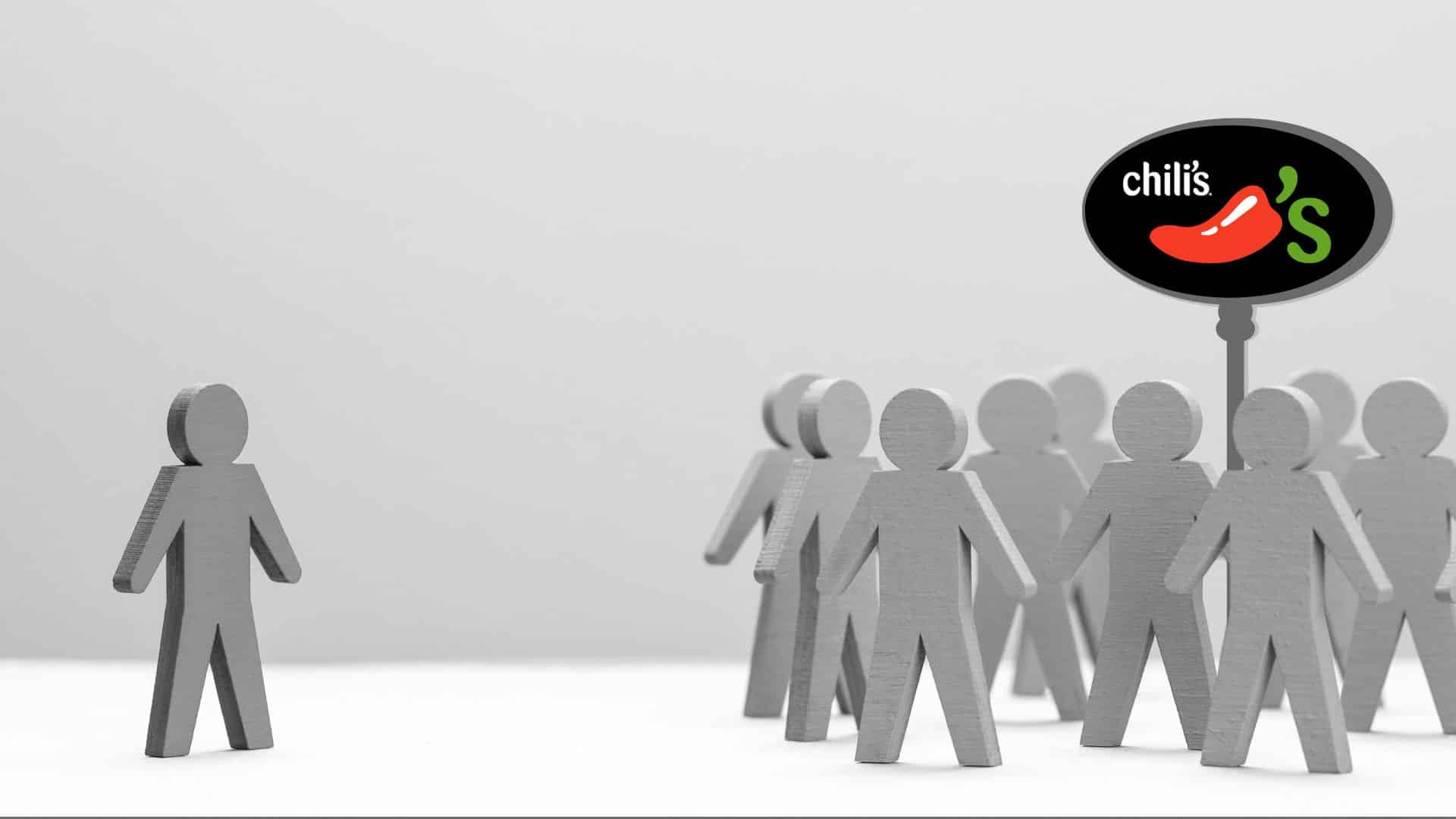In the fast-paced world of HR and employment litigation, it’s easy to get caught up in the three Ps – processes, policies, and paperwork. Sometimes, though, losing a case comes down to something much simpler: no one took ownership.
That’s exactly what happened in a recent Sixth Circuit case involving Chili’s. And the fallout offers two critical reminders for employers everywhere:
- When an employee says they’re getting a lawyer, your duty to preserve evidence is triggered immediately.
- Every termination needs a decision-maker – someone who can credibly explain what happened and why.
Let’s unpack how Chili’s ended up on the wrong side of this age discrimination case.
The Backstory: “Not Living the Chili’s Way”
Jeff L. Kean was a 59-year-old General Manager at one of Chili’s top-performing restaurants in the Nashville area. Despite his strong performance, Kean was fired and replaced by a 33-year-old with no prior management experience. The official reason? He was allegedly “creating a toxic culture” and “not living the Chili’s way.”
Kean sued Chili’s parent company, Brinker International, alleging that his termination was due to age discrimination, but summary judgment was granted in Brinker’s favor by the U.S. District Court for the Middle District of Tennessee. The reason? The court found that Kean wasn’t able to sufficiently rebut the company’s explanation of “culture” and show it was really a pretext for age discrimination.
That’s where things started to go south for Chili’s, though.
An Appeal to the Sixth Circuit Leads to Lots of Questions
The Sixth Circuit’s skepticism towards Chili’s showed up early, questioning how their claims could align with Kean’s restaurant being one of the top performers.
From there, it only got worse for them.
When Kean sued for age discrimination, one of the first questions should’ve had a simple answer:
Who made the decision to fire him?
But when it came time to testify, no one – not his supervisor, not HR, not the company’s own designated witness – could clearly remember making or even participating in the decision to terminate.
Without a decision-maker who could provide legitimate, non-discriminatory reasons for the termination, the only narrative left standing was Kean’s.
That’s where Chili’s big mistake became fatal.
Evidence? Gone. Report? Unauthenticated.
The one document that might have helped was a report maintained by a Team Member Relations Specialist. But even that fell apart. The Specialist admitted she didn’t author most of it, couldn’t recall the events, and couldn’t verify its accuracy.
Worse, Chili’s failed to issue a litigation hold when Kean told the Specialist he was “getting a lawyer.” That four-month delay, combined with the company’s lack of a solid record retention policy, meant critical emails, complaints, and performance reviews were lost.
Unsurprisingly, the Sixth Circuit reversed the lower court’s decision, ruling that the report couldn’t be authenticated, and thus couldn’t be used to justify the termination.
The Takeaways Every Business Should Pay Attention To
- Assign a Decisionmaker – And Make Sure They’re Willing to Own It
Group consensus is not a substitute for personal accountability. Someone needs to step up and be prepared to explain – under oath if needed – why an employee was let go.
- When Litigation Is on the Horizon, Lock It Down Immediately
The moment an employee mentions legal action (or even just says they’re getting a lawyer) you must implement a litigation hold. Waiting too long puts you at risk of spoliation and court sanctions.
Chili’s learned this the hard way.
This case may be an extreme example, but the lesson is painfully ordinary: corporate amnesia and delayed action can turn a winnable case into a very public loss.
In employment law, there’s no substitute for clear documentation, swift action, and someone – anyone! – willing to say, “I made the call, and here’s why.”
Because if you don’t tell the story, the plaintiff will. And it probably won’t have a happy ending for your business.
Want assistance getting your processes where they need to be to avoid situations like this? We can help.
